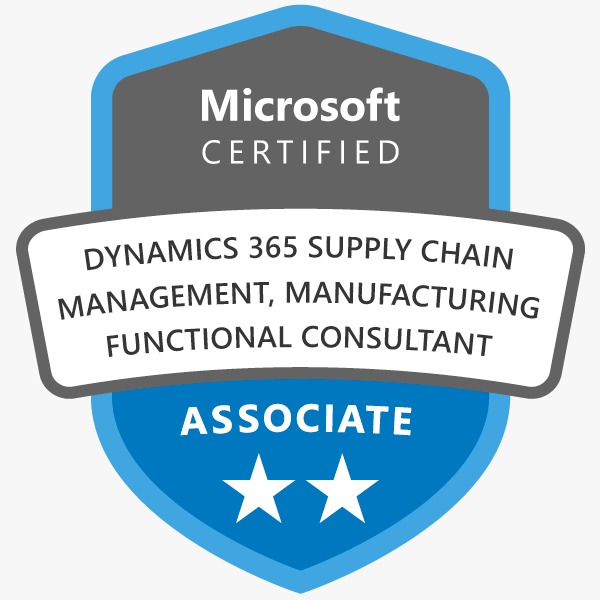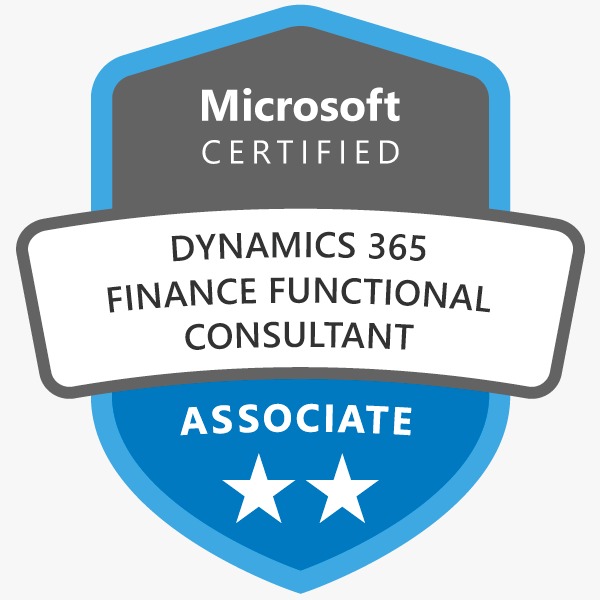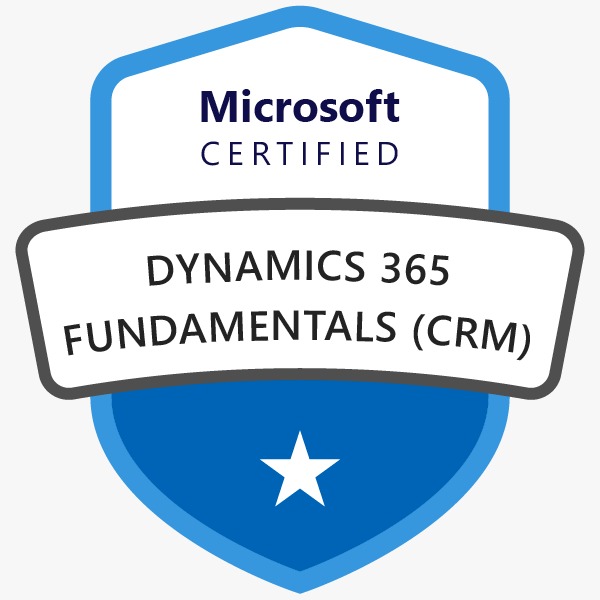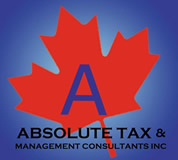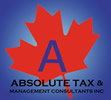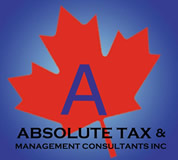Small businesses often start out with invoices or other off-the-shelf software but then outgrow it in several years. You might want to think about which vendor caters to more intricate requirements like multi-currency or multi- company requirements, and will let you easily upgrade in the near future to a more advanced solution, such as an enterprise resource planning (ERP) system.
As your requirements become more complicated, ERP systems allow you to centralize external and internal data across your business to assist you in planning and better allocate resources. In giving everyone within your organization access to latest information, they can help you reduce the boundaries between internal teams and help automate the fundamental processes. The global vendors well-known for their ERP systems include
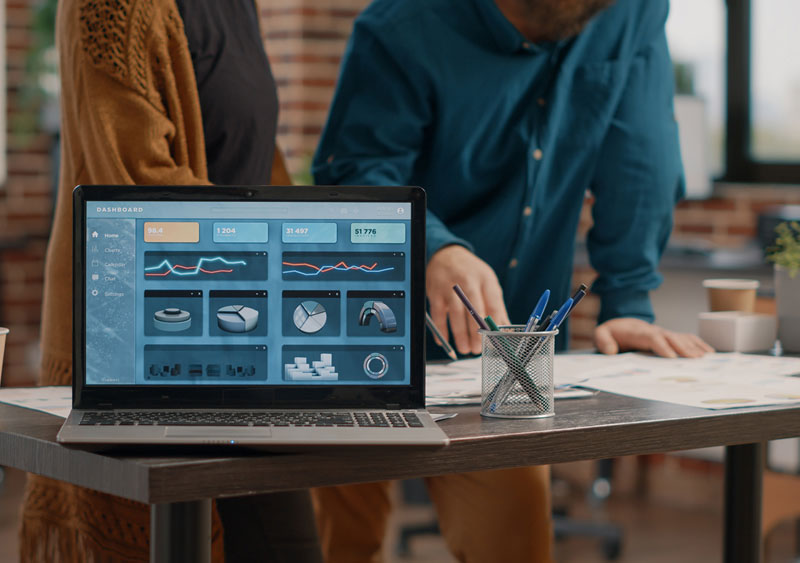

ERP Definition: What Does it Actually Mean?
ERP is “Enterprise Resource Planning” it is the unification method of arranging and gathering data for business using an integrated suite of software. ERP software comes with a variety of software that automatizes processes such as sales quoting, production accounting, production, and many more.
In simple terms, ERP helps your business run smoothly across each department. ERP solutions can improve the way you handle business processes whether that’s:
- Financial reporting
- General ledger, account payable, and receivables
- Human resource (HR)
Management of projects
- Management of inventory
Logistics and Supply Chain Management
CRM or Customer Relationship Management (CRM)
And more
An ERP provides an information source that covers all the different aspects of your company, allowing you to address your needs in an integrated system. There are numerous more expert ERP definitions that are available however, almost all of them can agree on one thing: ERP implementation is designed to support all departments within an organization as is feasible to help improve process management.
The History of ERP Management Systems.
The business world has always sought to implement the term enterprise resource management even though it wasn’t named to manage their different practices while not cutting back on resources elsewhere. In the past, this meant that companies needed to develop their own management processes to ensure that each department was able to complete back-office tasks in a timely manner.
The first signs of true ERP were discovered in manufacturing, using it is the economically ordered quantity (EOQ) model which was a paper-based system for scheduling.

It was replaced with materials resource planning (MRP) devices, also called materials requirements planning. They were created in the mid-sixties and ultimately evolved into Manufacturing Resource Planning (MRP II) tools. Modern ERP practices started in the late 1990s because of the increasing use of computer-based software integrated into everyday business processes. The term was coined in the Gartner Group, the term initially focused on new tools for manufacturing that use digital technology to allow them to streamline the management of supply chains, control the inventory, automate accounting and much more.
Nowadays, these systems are utilized in many industries and not only in manufacturing. Since the beginning of the aughts, the latest ERP applications are now accessible through cloud-hosted platforms that are accessible anyplace around the globe. Small and large businesses alike are now able to automate their business processes using the software.
Certified Microsoft Dynamics Consultants
